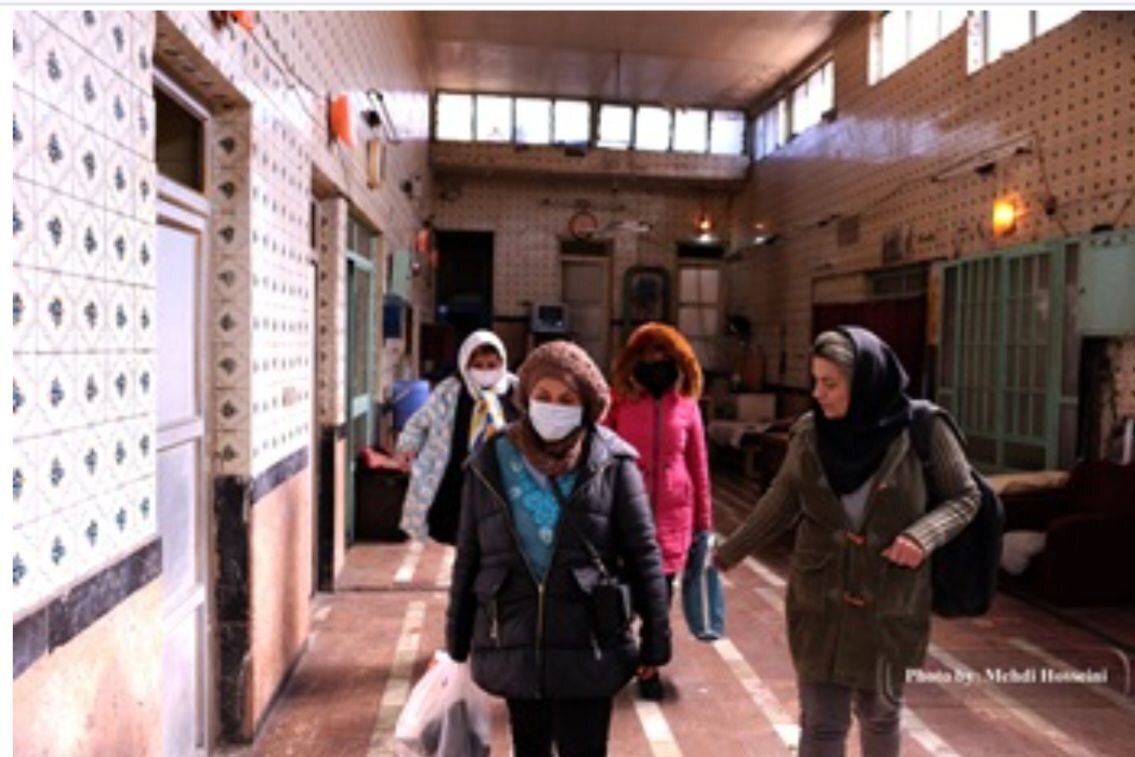Harm reduction efforts transforming lives of vulnerable populations

TEHRAN – Harm reduction workers, whose mission is to provide essential services to marginalized individuals, people who use drugs, the homeless, and those at risk of HIV in south Tehran, are quietly transforming lives.
Through a combination of treatment referrals, hygienic services, and compassionate support, their efforts are offering a lifeline to those in need, channeled through the efforts of the United Nations Office on Drugs and Crime (UNODC) Iran.
The UNODC Country Office in Iran has been at the forefront of introducing and implementing drug and HIV prevention, treatment, and care programs under the Country Partnership Programme for Iran. These initiatives aim to reduce drug demand, mitigate public health consequences, and protect vulnerable populations from addiction and HIV, UNODC website announced in a press release in March.
A key focus has been empowering Civil Society Organizations (CSOs) to play a stronger role in prevention, treatment, and care efforts, ensuring a more inclusive and effective response.
The services provided were both immediate and life-changing, including hygienic support such as clean clothes and bathing facilities, medical and treatment referrals for those with respiratory illnesses or injuries, and methadone treatment for individuals seeking to quit drugs. Counseling and recovery support were also offered, addressing behavioral issues and providing pathways to rehabilitation through referrals to specialized centers.
Women, often at higher risk, received targeted attention, including support for those who had stopped using drugs but needed further assistance or had relapsed. Men, many of whom were homeless, were provided with critical services such as wound care, hygienic supplies, and access to methadone treatment. These interventions not only address immediate needs but also restore dignity and hope to those who have long been neglected.
One important aspect of these efforts is that the program incorporates a holistic approach to treatment and prevention, focusing on individualized care and empowering individuals through various methods such as providing tailored treatment methods for different types of addiction ensuring that each individual receives care suited to their specific needs; promoting self-belief and personal empowerment – as a critical component of treatment and prevention, helping individuals build confidence in their ability to recover; examining the impact of education and employment on the treatment process, recognizing that stability and purpose are key to long-term recovery; and comparing existing treatment methods to identify the most effective approaches and improve treatment retention rates.
Techniques such as individual and group psychotherapy are used alongside medication-assisted treatment to address the physical, psychological, and social aspects of addiction.
MT/MG
Leave a Comment